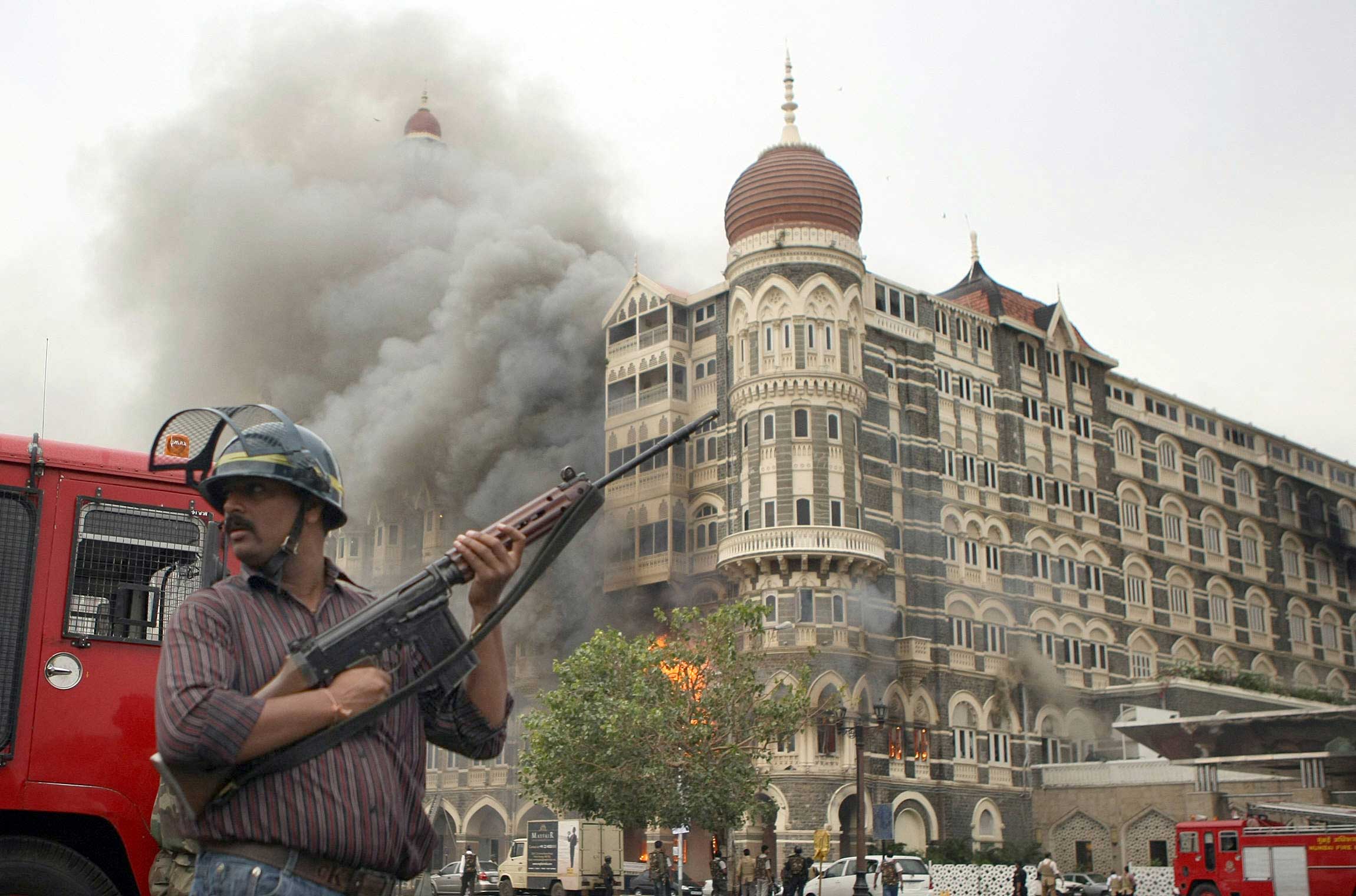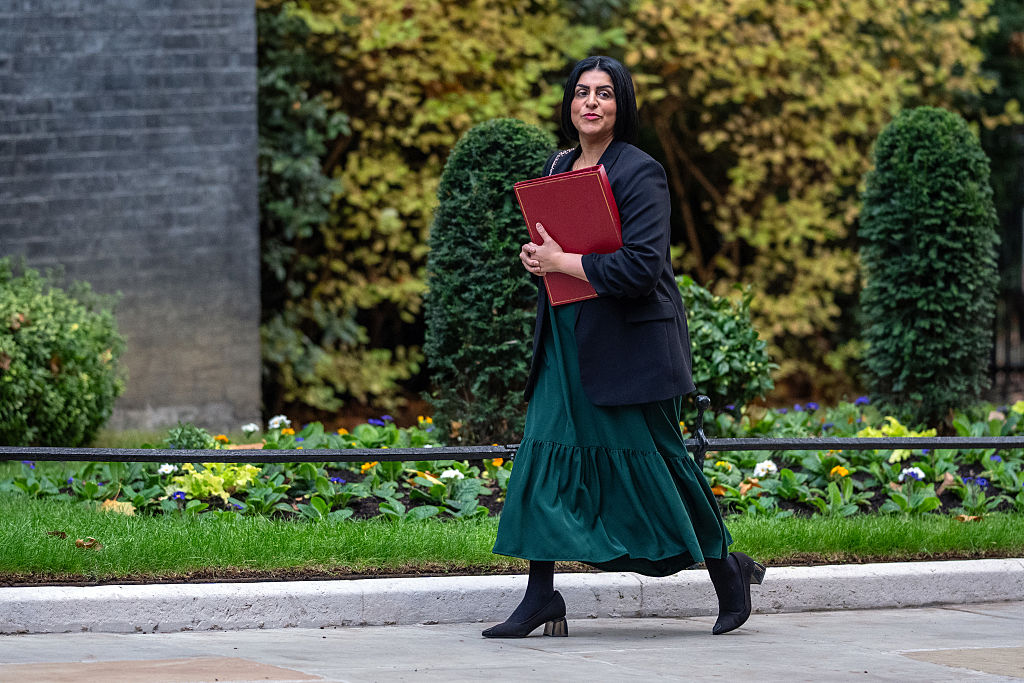
From a western perspective, memorising all 114 chapters of the Quran might seem an unusual qualification for a national leader. Yet this is a defining feature of the résumé of General Syed Asim Munir, Pakistan’s chief of army staff since November 2022.
To become a Hafiz – one who knows by heart the entire Quran – requires committing 77,430 words to memory, each recited with precise pronunciation in classical (not modern) Arabic. This accomplishment earns the revered title of Hafiz Sahb or Sheikh and reflects deep religious devotion. To put it into perspective, it would be akin to Sir Keir Starmer memorising the biblical books of Genesis, Numbers and Judges – together totalling more than 72,000 words.
Why compare a British prime minister with a Pakistani general? The answer is that in Pakistan ultimate political power, albeit unconstitutional, is de facto vested in the head of the army, not the prime minister. Civilian politicians hold power only on licence from the military. Munir, who is in his late fifties, is essentially the most powerful man in Pakistan and is responsible for what happens next in the conflict between the two south Asian neighbours.
Many Indians fervently believe that his comments in a speech days before last month’s jihadist attack which killed 26 Indian tourists in the Kashmiri town of Pahalgam may have encouraged or inspired the terrorists. In the speech, Munir let slip the extent of his hatred of India. Shaking with anger, he said: ‘Kashmir is our jugular vein. We will not forget it. We will not leave our Kashmiri brethren in their heroic struggle against the Indian occupation… We are different from Hindus in every possible aspect of life… We are two nations not one nation… our forefathers have sacrificed immensely.’
There is no evidence of a direct link between Munir’s words and the attack but he certainly would have had the contacts and capability of organising it. He has, after all, a history of stirring up sectarian conflict, and in his former role as head of Inter Services Intelligence (ISI) he actively supported skirmishes along Kashmir’s border in 2019.
Despite strong denials from Pakistan of any involvement in the terror attack, tensions escalated on Tuesday night when India retaliated with airstrikes against ‘terrorist infrastructure’ in nine locations, bringing the two nuclear powers to the brink of an all-out war. At least 26 people were killed, including a child, and 46 injured from India’s ‘Operation Sindoor’ (a reference to the powder dots worn by married Hindu women). Islamabad has vowed to respond to the ‘cowardly and shameful’ attack, the first of its kind since 2019 when India carried out airstrikes on a terrorist camp on the Pakistani border.
Munir had warned Delhi against escalating the conflict during an address to troops at the end of last week. ‘Let there be no ambiguity,’ he said, standing atop a tank. ‘Any military misadventure by India will be met with a swift, resolute and notch-up response.’ Quite what happens now is for Munir to determine.

Since the partition of India in 1947, there have been four Pakistani military dictators: Ayub Khan (1958), Yahya Khan (1969), Zia-ul-Haq (1977) and Pervez Musharraf (1999). With the exception of Musharraf, the army’s direct rule has been relatively brief. In practice, however, it has long governed alongside a succession of mostly demagogic and often kleptocratic elected prime ministers. (An honourable exception is the founding father of Pakistan, the noble Muhammad Ali Jinnah, first speaker of the constituent assembly, who died shortly after independence.)
‘We will not leave our Kashmiri brethren in their heroic struggle against the Indian occupation’
Munir’s military career was relatively standard. Born in Rawalpindi in 1968, he graduated in 1986 from the Officers Training School, where he won the ‘Sword of Honour’. His training went on to include spells at the Fuji School, Japan, the Command and Staff College, Quetta, the Malaysian Armed Forces College, Kuala Lumpur and the National Defence University, Islamabad. He was given his first commission in a Frontier Force Regiment. Indeed, most of his postings were in India-facing commands, including on the Siachen Glacier and Mangla Cantonment in Pakistani Kashmir.
It is not an irrelevant fact that his parents were displaced from their home in eastern Punjab during the Indian partition. They were lucky to have survived. Sir Francis Mudie, the governor of West Punjab, estimated that 500,000 Muslims died trying to enter his province, while the British High Commissioner in Karachi put the total at 800,000.
A significant portion of the blame for a catastrophe that cost more than two million Muslim, Sikh and Hindu lives must be apportioned to that over-promoted popinjay Lord Mountbatten, Charles III’s adored great uncle and the last governor of India.
For Munir, the legacy of partition must have left an indelible familial resentment against India for the depredations carried out by the Hindu community in Punjab.
Munir’s father became the imam of a mosque in northern Pakistan. He would deliver the obligatory Friday khutbah sermon, without which the Friday prayer is invalid. Munir’s early education was done at a traditional Islamic madrassa. It is perhaps not surprising that Munir has become the most hardline Islamic zealot army head since the military dictator Zia-ul-Haq who was responsible for the radical Islamification of Pakistan after 1977.
Apart from his hardline Islamic posture, there is another reason why Indians are deeply suspicious of Munir. In 2016, he served as director-general of military intelligence and two years later was promoted to lieutenant general and the post of director-general of ISI. It would be an understatement to say that ISI has a dodgy reputation. There is evidence that it gave covert support to both the Taliban and al Qaeda in Afghanistan. Captured Pakistani terrorist Sayed Zabiuddin Ansari also admitted ISI was the hand behind the Mumbai jihadist attacks in 2008 at the Taj Mahal hotel and other sites that killed 166 people.

Why was a religious zealot like Munir chosen as head of the army? The simplistic answer would be that he was Pakistan’s most senior lieutenant general. But that is rarely the main criterion for such a politically sensitive job. From a policy point of view Munir’s closeness to Saudi Arabia, a key ally, is likely to have been considered important. So, too, his intelligence knowledge of the resurgent Taliban in Afghanistan. In Pakistan itself there was also concern about the armed Islamist groups along the Afghan border who act under the umbrella of Tehreek-e-Taliban (TPP). Munir’s religious status as a Hafiz may also have been seen as politically advantageous. More importantly, Munir was well known to his predecessor General Qamar Javed Bajwa, with whom he had served in the Force Command Northern Areas. And it is politics above all which would have been the deciding factor in the choice of General Bajwa’s successor.
Here we finally arrive at the continuing role of imprisoned former prime minister Imran Khan, leader of the Pakistan Tehreek-e-Insaf: Pakistan Movement for Justice. Khan was removed from office in April 2022 in what many believe was a constitutional coup involving General Bajwa, the US State Department, the CIA and Khan’s political rivals, the Sharif brothers. Nawaz Sharif, long-time leader of the Pakistan Muslim League, was ousted in 2017 after the Panama Papers linked him to corruption. He fled to London but returned in 2023 and was acquitted. His brother, Shehbaz, became prime minister after Khan’s removal.
Despite being jailed, Khan remains Pakistan’s most popular politician – a problem for the Sharifs and General Bajwa. They appointed General Munir, a hardliner previously fired by Khan for accusing Khan’s wife, Bushra Bibi, of corruption. Munir was seen as someone who could suppress dissent in both the public and the military, where Khan still has support. After Khan’s 2023 arrest, violent protests erupted, targeting military sites. In response, Munir ordered military trials for 3,200 civilians, with 25 receiving sentences of up to ten years.
In choosing Munir as head of the army, General Bajwa and the Sharif brothers got more than they bargained for. Munir may have seemed the right man to prevent a Khan-inspired civilian uprising, and indeed a military revolt against Pakistan’s historic elite, but they have put power into the hands of a man who seems ideologically disposed to conflict with India. The main question now is whether Munir can be restrained from tipping India’s retaliatory border attacks into a full-scale war.








Comments